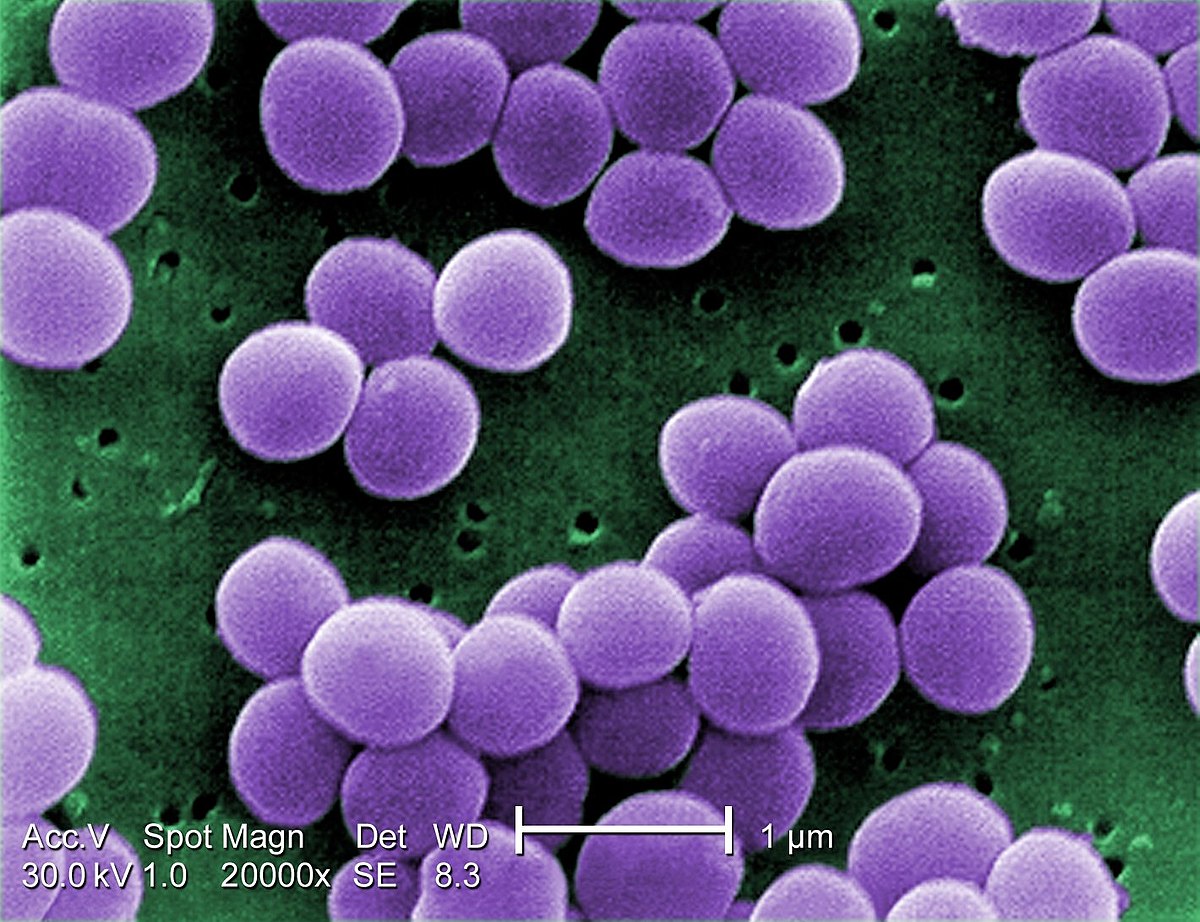No evidence herbal mixture kills staphylococcus
A Facebook post shared in Nigeria claims readers can “kill staphylococcus” using a mixture of kola nut, ginger, garlic, zobo leaves and aloe vera. According to the US Centers for Disease Control and Prevention, staphylococcus aureus, commonly known as staph, is “a germ found on people’s skin. Staph can cause severe infections if it gets into […]

A Facebook post shared in Nigeria claims readers can “kill staphylococcus” using a mixture of kola nut, ginger, garlic, zobo leaves and aloe vera.
According to the US Centers for Disease Control and Prevention, staphylococcus aureus, commonly known as staph, is “a germ found on people’s skin. Staph can cause severe infections if it gets into the blood and can lead to sepsis or death”.
The post includes a photo collage of the five ingredients mentioned in the claim. Zobo, short for zoborodo, is the Hausa name for the plant Hibiscus sabdariffa and the tea (or drink) made from its leaves.
But could this herbal mixture cure staph?
We asked Garba Sharubutu, Professor of Infectious Disease at Usmanu Danfodiyo University in Sokoto, northern Nigeria, if people should follow the advice in the Facebook post.
“These are claims we must be cautious of. I would not recommend it,” he said.
He explained that though the individual ingredients might improve one’s health because of their chemical compositions, the mixture should not be recommended unless it had been subjected to scientific investigation.
Ndifreke Udonwa, Professor of Family Medicine at the University of Calabar in southern Nigeria, also told Africa Check there was no scientific evidence to back the claim.
“As a professor of Family Medicine, I am not aware of any research about this. The best thing for people to do who have a staphylococcus infection is to go to the hospital to see a doctor. After a test has been conducted, the doctors will advise what type of treatment the patient needs.”
Staph infections can be life-threatening. Seek medical attention and do not rely on untested herbal remedies.
A collaboration between Daily Trust and Africa Check to fight Health Misinformation
‘People should get COVID-19 immunity certs after vaccine or confirmed illness’
People are so unlikely to get COVID-19 a second time that they could get ‘immunity certificates’ after a vaccine or confirmed illness, according to SAGE.
Scientists on the advisory panel said it was ‘likely to be possible’ that people could be freed from social distancing if they were proved immune to coronavirus.
SAGE is made up of dozens of expert scientists who interpret research and explain it in simple terms to government ministers so they can decide on policies.
In a report presented by the infectious diseases sub-group NERVTAG in November, researchers said they had ‘high confidence’ that people would become immune to coronavirus after catching it once or getting vaccinated, which triggers the same reaction in the body without actually causing illness.
Although it is possible that people could get sick a second time, it is rare, they said, and there was not good evidence that people could transmit the virus if they had some level of immunity.
Now that people are actually going to get vaccinated in the UK, it could be time the government considered immunity certificates for people who have had a jab, they said.
Nervous about whether immunity might fade after six months, however, SAGE stuck to suggesting a ‘short-term’ solution and said more data was needed.
Currently, people who get a vaccine to protect them from COVID-19 will still have to follow the same rules as everyone else, which raises questions about whether people who aren’t at personal risk will bother to volunteer for it.
NERVTAG said in the paper: “As SARS-CoV-2 continues to circulate, we approach a time when a significant number of people who have been infected in early pandemic waves may have some “immunity” that protects them during subsequent exposure.
‘In addition, results from clinical trials of novel vaccines suggest that a high degree of immunity to COVID-19 disease can be obtained, at least in the short-term.”
